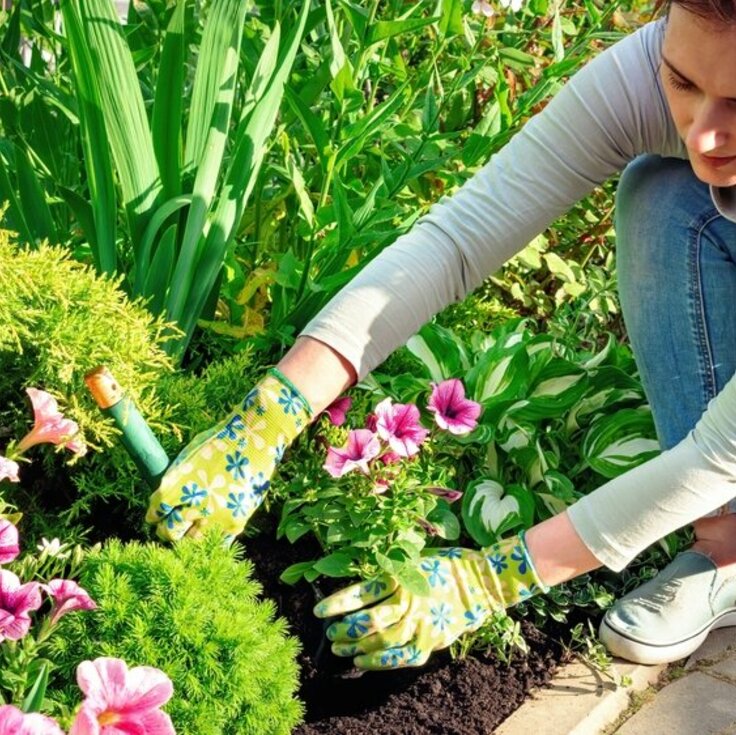Tips for a Sustainable Summer Garden
Summer is the perfect season to let your garden shine in all its glory. But creating a beautiful summer garden requires more than just good care; it also demands a conscious approach to promote sustainability and environmental friendliness. Designing a sustainable summer garden means thinking not only about aesthetics but also about the impact of your choices on the environment. In this guide, we share practical tips for designing and maintaining a summer garden that is both beautiful and eco-friendly. From choosing the right plants to using water efficiently, discover how to transform your garden into an oasis of sustainability and green.
Choose Native Plants for Less Maintenance
If you want a summer garden that requires minimal upkeep and is well-suited to the heat, opt for native plants. These plants are naturally adapted to the local soil and climate, meaning they need less water and fertilizer. Native species such as catmint or coneflowers can add color to your garden without requiring constant care. They also often attract beneficial insects like bees and butterflies, which contribute to a healthy garden ecosystem.
Create Water-Saving Solutions
Water is often scarce during the summer months, so it's important to use it efficiently in your summer garden. Consider installing rain barrels to collect rainwater, which you can use to water your plants. Mulching with organic materials also helps retain soil moisture and reduce weed growth. For an extra sustainable approach, use drip irrigation systems that deliver the precise amount of water to your plant roots, minimizing waste.
Opt for Eco-Friendly Garden Materials
When setting up your summer garden, it's wise to choose eco-friendly materials. Use reclaimed or recycled materials for paths and garden beds, such as recycled wood or natural stone. Avoid synthetic products that can be harmful to the environment. By choosing eco-friendly garden materials, you reduce your ecological footprint and create a beautiful, sustainable garden.
Encourage Biodiversity in Your Garden
A healthy summer garden supports biodiversity. Plant a variety of flowers, shrubs, and trees to create a diverse environment. This attracts different types of insects and animals, contributing to a natural balance in your garden. Ensure a mix of blooming periods so that your garden remains attractive to pollinators like bees and butterflies throughout the season.
Support Soil Health
A healthy soil foundation is key to a successful summer garden. Enhance your soil health by regularly adding compost and organic fertilizers. This enriches the soil with nutrients and promotes healthy root development. Avoid using chemical pesticides that can harm soil microbes. By opting for natural alternatives, such as neem oil or organic insect controls, you maintain a healthy soil and a thriving summer garden.
With these tips, you'll ensure that your summer garden is not only beautiful but also sustainable and environmentally friendly. Enjoy your garden with peace of mind, knowing you're contributing to a healthier planet.








